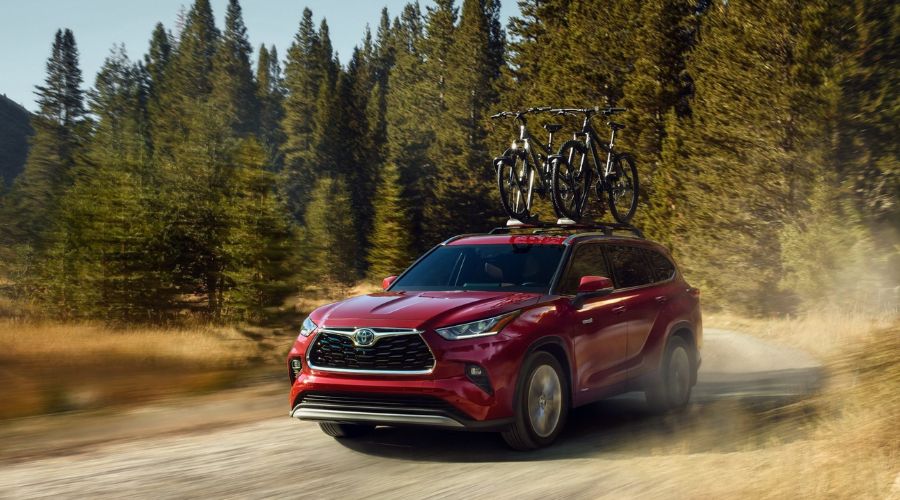The road trip planning phase is exciting yet overwhelming, especially when it comes to transportation decisions. Car rentals have pros, such as flexibility and freedom from wear and tear on your car. However, they also come with certain cons, such as extra costs, paperwork, etc. This guide shall discuss some pros and cons of renting a car, the costs associated with it, and practical tips for the seamless execution of a road trip.
Car Rent vs. Car Drive: The Pros and Cons of Each Option

Renting a Car
Pros:
Flexibility: Car renting allows for picking up at an airport or downtown, at a spot that fits an itinerary. You can drop it at your final destination, not having to backtrack at all.
Variety: Rental companies offer a lot of vehicles that match up with your requirements. Be it a compact car for city travel, an SUV for rough terrain, or maybe a minivan to accommodate more people, there is something for every type of travel.
Possibly cheaper: On longer trips, renting at times proves more economical compared to using your car. These rental firms have their prices competitive, with special and early booking discounts. Rentals today are newer and most are relatively fuel-efficient, helping you cut down on gas. You are also spared the special depreciation and higher maintenance that your automobile would incur.
Insurance: Most rental agencies offer accident, theft, and/or damage insurance packages, all grouped together. While this may increase the rental price somewhat, it does provide a degree of confidence and saves you from high repair or replacement costs.
Newer Vehicles: Renting entails driving a newer model with new safety features and technology; this makes the journey much easier and more comfortable.

Cons:
Additional expenses related to renting, insurance, GPS, and other fees must be paid in cases of surpassed mileage limits or in situations where the car has been returned late. It is very important to budget for possible additional costs to avoid surprises.
Paperwork and Time: Renting a car involves some paperwork and at times long waits at the rental agency. Understanding the rental agreement is crucial to avoid surprise or hidden charges, and this is considered time-consuming.
Driving Your Own Car

Pros:
Familiarity: Your own car is one with which you are already very familiar regarding its controls and handling, thus possibly making the drive relatively more comfortable.
No Rental Hassle: You avoid the rental process altogether from paperwork to fees to returning it on time. You can start your trip at your convenience.
Cons:
Mileage and Wear & Tear: If one drives his or her car, it will increase the wear with higher mileage, which might give rise to periodic maintenance sooner or increase its cost. Long distances can put additional stress on the parts of your vehicle, leading to future repairs.
Options Limiting: Your own car may not be as versatile as a rental, especially if it’s an older one or has low fuel efficiency. You might not have much of a choice but route options, depending on how their main factors affect the overall experience of your holiday.
Conclusion
Car rentals for a road trip provide flexibility, a wide range of options in models, and the added benefit of driving a newer, more reliable vehicle. Driving your car, on the other hand, might be cheaper, but it will entail wear and tear with increased maintenance, and options will be severely limited. For more updates visit: www.thepennywize.com
FAQs
Q1. What do I need to pay extra attention to when renting a car for a road trip?
Think about what kind of car would suit your needs for the journey you will take: fuel efficiency, luggage, or comfort. You may want to check whether there is an additional charge for insurance coverage or mileage limitation.
Q2. Are there ways I can cut down on the cost of renting?
Yes, booking in advance, looking for special offers, and choosing an appropriate car for your journey may save you money. Remember to shop around and check the fine print.
Q3. How can I avoid surprises with rental car fees?
Read the rental agreement, understand any additional fees or insurance options, and inspect the car for damage before driving off. Keep track of mileage and return times to avoid additional charges.

